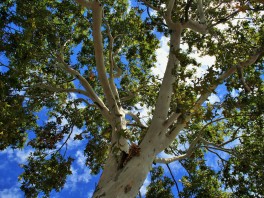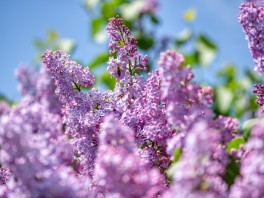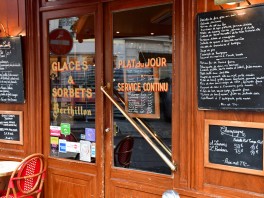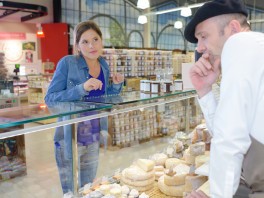France: a country of diversity and emotion
France is not one destination — it’s many.
Each region has its soul: Alsace with its half-timbered houses, Brittany with its wild coast, Burgundy with its wines, and Paris with its light.
Our guides take you from famous landmarks to hidden gems, from villages to vineyards, to experience the real France.
What You’ll Find Here
-
Weekend trips and itineraries across France
-
Regional guides: Brittany, Alsace, Provence, Corsica, Vendée...
-
Cultural walks through castles, villages, and UNESCO sites
-
French gastronomy: recipes, local markets, wines, and traditions
In 1790, a priest in Saint-Gaudent planted a Tree of Liberty. This gesture, which became a republican ritual in 1792, has endured through the centuries, and a few Trees of Liberty remain in France today. From the revolutions of 1830 to the tragedy of Oradour-sur-Glane, these trees have witnessed French history. They bear witness to a commitment, a memory, and a symbolism that are deeply French.
Jeanne Barret was the first woman to sail around the world in the 18th century, posing as a man. Passionate about botany, she made her mark on the history of science despite being forgotten for many years. Here is the portrait of an extraordinary adventurer.
How to travel in France
France
Meals in France: times, courses, customs, what people eat

Jérôme Prod'homme
In France, meals structure the day and reflect a very particular way of life. Breakfast, lunch, and dinner follow specific habits that vary according to age, work, and region.
article updated on December 15, 2025
Immerse yourself in the private lives of France's greatest writers through their homes. From Montaigne to Zola, Hugo, Sand, Rabelais, and Chateaubriand, discover the places where masterpieces were born and where literature continues to thrive.
France is not just about monuments and museums; it is a country that breathes through its flowers.
Imagine the scent of blooming Lavender in Provence, the romantic sight of Roses in the Loire Valley châteaux, or the wild Daffodils of the Vosges mountains. For international travelers, following the floral seasons is one of the most beautiful ways to discover the hidden soul of our regions.
But when is the perfect time for that Instagram-worthy photo? Where exactly can you find the blue Hydrangeas of Brittany? Monsieur de France has selected 15 iconic flowers that represent the French "Art de Vivre". From the mainland to the exotic islands of Tahiti, here is your essential calendar to experiencing France in full bloom.
article updated on December 2, 2025
Is tipping mandatory in France? I’ll explain the "service compris" system, how much to tip at restaurants or hotels, and the common mistakes US travelers make.
Article updated on December 15, 2025
Are you planning a trip to France but feel a bit nervous about eating snails or frog legs? Don't worry! French gastronomy isn't just about the unusual; it is, above all, the kingdom of comfort food. Between melted cheese, buttery pastries, and slow-cooked meats, we have selected 10 typical dishes that will delight your taste buds without taking you too far out of your comfort zone. Discover how France reimagines your favorite classics with a unique touch of culinary heritage.Article updated on january 2026
As you prepare to come and stay in France, you may be wondering how you're going to make yourself understood. The French are notoriously bad at foreign languages. That's a bit unfair. 60% of them speak English more or less well, and above all: the French, contrary to what people say about them, will always do their utmost to help you, whatever your language.
Getting ready to come to France? Thank you! Here's my advice on the weather. When to come to France? What's the best season to visit Paris or the country? Here are the best seasons to come here.
France boasts over 40,000 châteaux. From medieval châteaux to Renaissance manor houses and the palaces of kings, it's hard to choose just 10. But I've decided to rank the 10 most beautiful castles. It's a ranking that blends the eras and the beauty of the sites, which probably wouldn't be the same for others, but which is mine and which I'm sharing with you. I'll also give you some tips on how to visit each of these 10 superb French châteaux.









